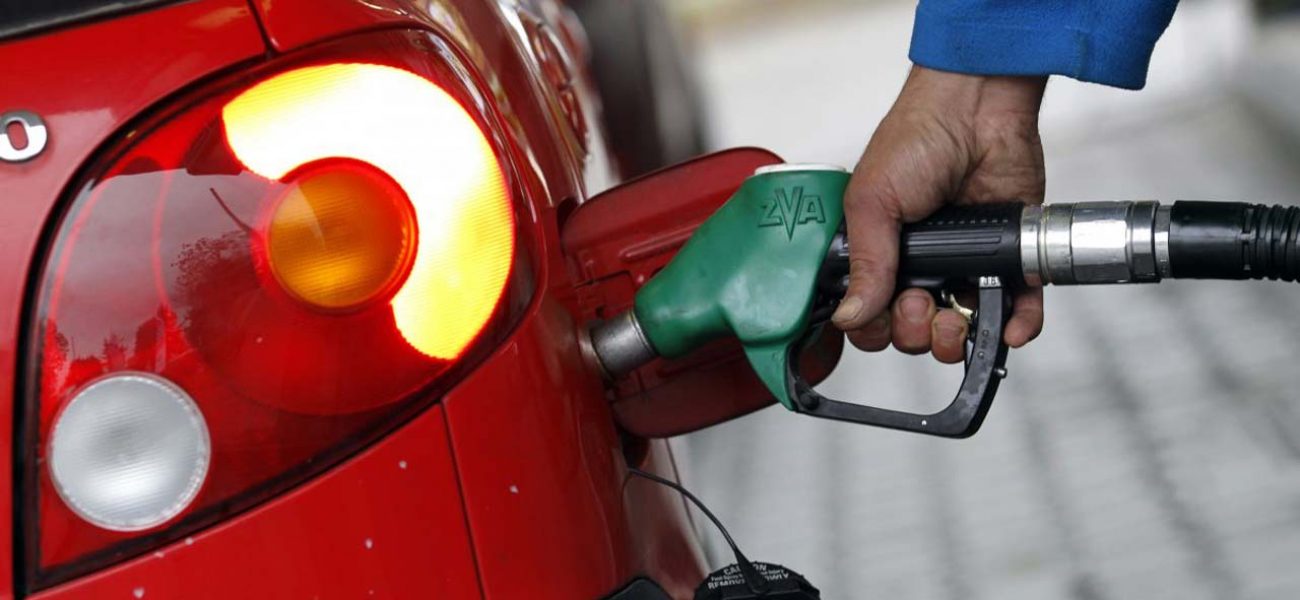At N617 per litre, petrol price in Nigeria has increased by at least 15% in less than two months. At the inauguration of President Bola Tinubu, he announced that, “Fuel subsidy is gone.” This took the price from between N180 and N199 per litre to between N488 and N577 per litre, at least a whopping 171%. Nigerians were already grappling with this quantum leap in price before the recent increase in the petrol prices. Inflation skyrocketed, prices of good and services escalated across all sectors. To worsen matters for citizens, the government also took a bold step in abrogating multiple exchange rates for the nation’s currency, the naira. The official Central Bank of Nigeria’s (CBN) exchange rate of about N460 to the dollar was wiped off. Meaning that fuel would now be imported at the open market rate of the floating naira. Petrol that had hitherto been sold to Nigeria based on the CBN exchange rate is now being sold at the naira floating rate of whatever it is on each day. Yet to recover from this shock, Nigerians are now again faced with another increase in the pump prices of petrol. With the prices rising in less than 8 weeks to at least N617, Nigerians are being told that the price could yet go up. This has thrown confusion to the lives of citizens. Salaries have not been increased. Earnings and incomes of workers which have in fact, been very poor are unable to match the current inflation rate.
The rise in the cost of petrol to N617 per litre is causing significant distress among citizens. This surge has had a cascading effect on transportation costs, the cost of goods and services, and overall living expenses. This is in addition to the state of emergency declared on food security by the President on Thursday, July 13. Nigeria’s agricultural sector faces severe challenges in ensuring food sufficiency for the population. Some of the contributing factors include insecurity, poor infrastructure and effects of climate change.
The inflation rate in Nigeria has surged to a worrying 22.79%, further exacerbating the economic challenges faced by individuals and businesses. Inflation erodes the purchasing power of the Nigerian naira, making it increasingly difficult for citizens to meet their daily needs. High inflation rates also discourage investment and hinder economic growth. It is imperative for the Nigerian Government to begin to consider prudent fiscal and monetary policies to address rising inflation rate.
It is unclear what consequences lie ahead for Nigeria, its economy and citizens’ conditions. Citizens are already distressed and it appears that beyond mouthing the economic benefits of subsidy removal and the importance of exchange rate consolidation, the government has not thought through how to deal with the brewing restiveness that the current rise in cost of living will create. Even the Nigerian Labour Congress and workers’ unions have very little knowledge of what to do to contain citizens’ anger about the current rising tension in the country. What is clear however, is that the tension is capable of triggering some form of unrest.

